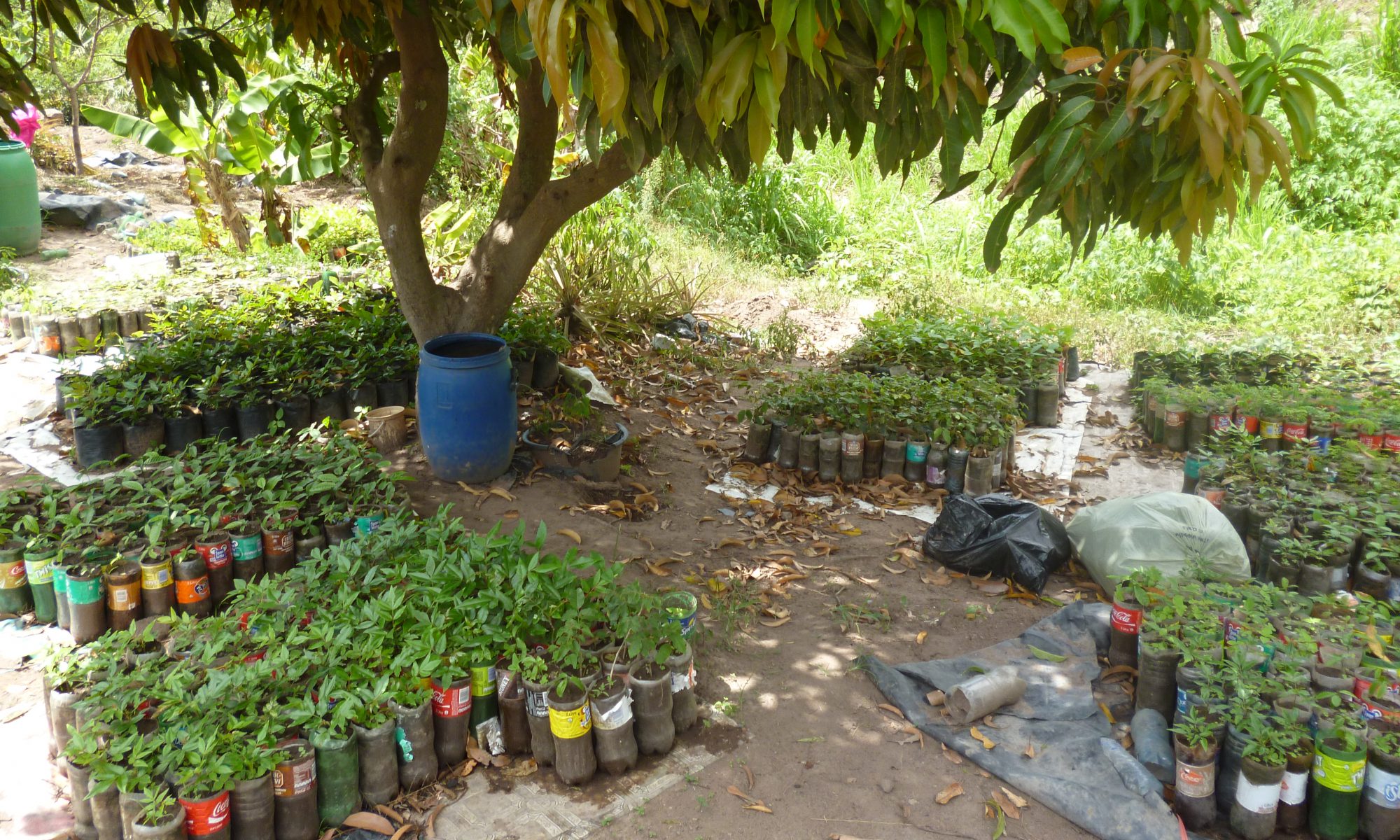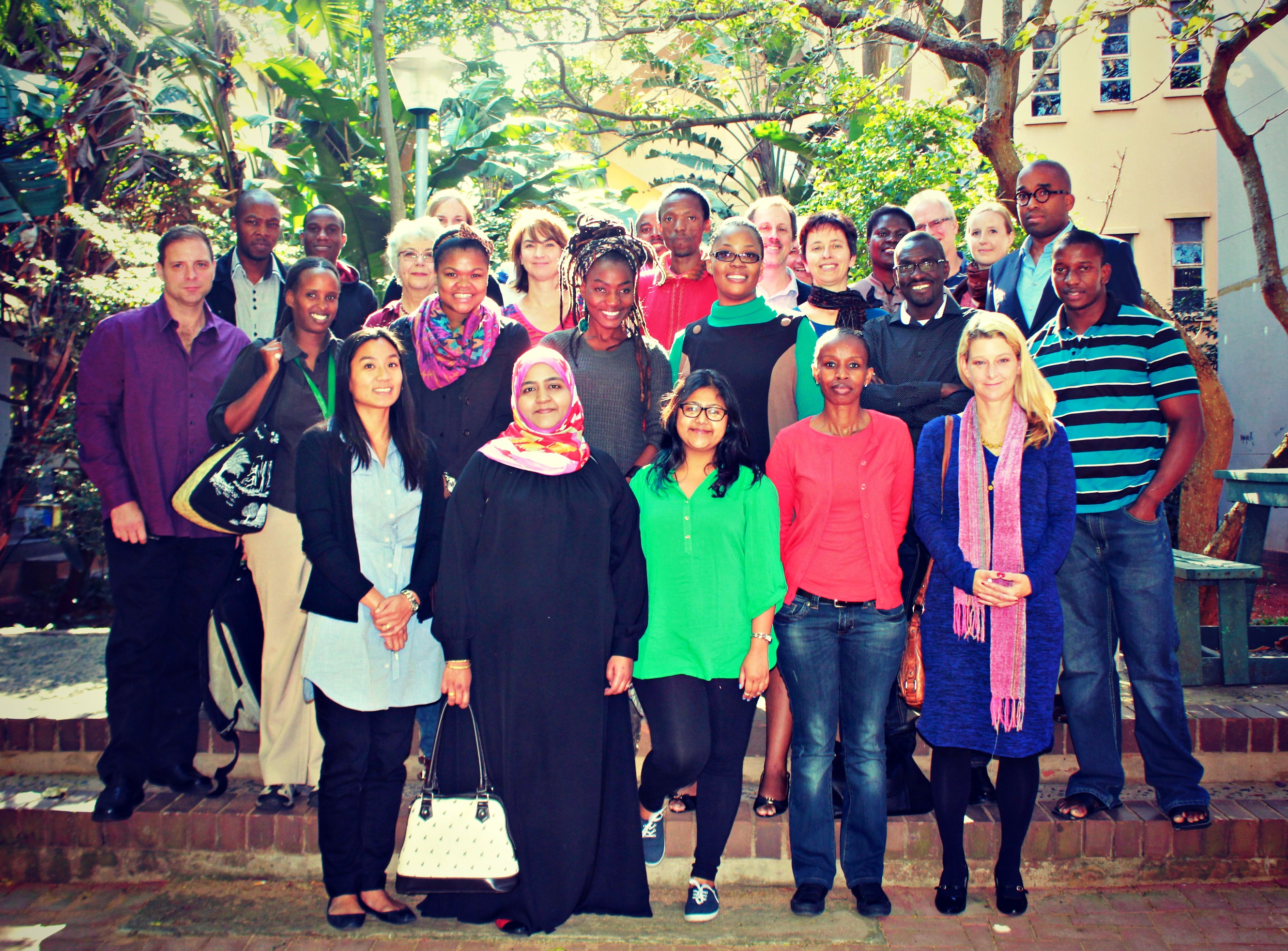This is your very first post. Click the Edit link to modify or delete it, or start a new post. If you like, use this post to tell readers why you started this blog and what you plan to do with it.
Happy blogging!

NRF/DST SARChI Applied Poverty Reduction Assessment
University of KwaZulu-Natal
This is your very first post. Click the Edit link to modify or delete it, or start a new post. If you like, use this post to tell readers why you started this blog and what you plan to do with it.
Happy blogging!
Key challenges to reducing poverty in South Africa through inclusive growth, decent work and well being were explored by Professor Sarah Bracking of the School of Built Environment and Development Studies (BEDS) in a Public Lecture.
The Lecture was part of a National Research Foundation (NRF) workshop titled: “Poverty Production in South Africa’s Extractive Economy”.
Exploring the key challenges to reducing poverty in South Africa by means of inclusive growth, decent work and wellbeing, Bracking argued that these would require fundamental reforms to the structure of the macro economy.
She examined neo-liberal governance and how politicians use a self-denying ordinance, ‘that external economic imperatives are non-negotiable, such that domestic political actors believe themselves to be powerless as economic policy decision-makers, and instead see themselves as concerned with only technocratic responsibilities’.
Bracking further pointed out that neo-liberalism, often associated with globalisation and the economic power of global corporations and multilateral institutions, uses markets to settle matters of resource allocation and believes incorrectly that imperfect markets are better than imperfect states.
‘But neoliberalism leads to the structural displacement of the upper echelons of economies to privatised secrecy jurisdictions or tax havens. This leads to the ‘development of underdevelopment,’ she said. Through a political economy of displacement, Bracking explained that in African states the commanding heights have largely migrated offshore. ‘The offshore site of exemption is legitimated by orthodox economics through the necessity of neo-liberalism. Political crisis and people’s displacement and dispossession, generate financial displacement to preserve and/or store wealth resulting from the crisis.’
In conclusion she said a displacement political economy was characterised by the financialisation of power. ‘Financialisation does not “just happen”, but has agents which employ money as a technology of power, using the money form to quantify human and physical contexts, privilege financial parameters and pecuniary factors in decision-making, and thus return decisions in favour of money-holders.
Words and photograph by Melissa Mungroo

[This article was originally published on UKZNDABAonline (02 July 2014, Vol 2, Issue 36)]
The School of Built Environment and Development Studies (BEDS) recently hosted a South African Research Chairs Initiative (SARChI) workshop on Applied Poverty Reduction Assessment.
The overall purpose of the workshop was to review the state of poverty research in South Africa in relation to past, current and future work programmes of the SARChI Chair in Applied Poverty Reduction Assessment. Many interesting topics were discussed and speakers presented on behalf of various governmental and nongovernmental institutions including the University of Pretoria, the University of the Western Cape, the University of the Witwatersrand, eThekwini Municipality, the South Durban Community Environmental Alliance, and the Institute for Security Studies.
One of the UKZN presenters, Senior Lecturer and Academic Co-ordinator for Development Studies, Dr Mvuselelo Ngcoya, presented his research on food and self-provisioning focusing on his work on indigenous leafy vegetables in KwaZulu-Natal. Professor Imraan Valodia also of UKZN presented initial findings on a large survey of manufacturing firms in Durban. Valodia explained that in 2002 and 2003 data was gathered from one in every three medium and large manufacturing firms in the Greater Durban Area to help establish and assess the constraints to manufacturing growth among firms in Durban. The data collection served to help guide and, where necessary, alter local and national policy interventions. This 2002 data collection exercise, undertaken by the eThekwini Municipality was supported by the USA Development Agency, USAID, with the World Bank appointed to provide technical support. ‘As the data yielded useful and important policy conclusions, the eThekwini Metropolitan Municipality and UKZN are collaborating, with other local, provincial and national actors – including the local business community – to conduct a similar survey. This will mean that Durban will be in a unique position of having a fully representative survey of medium and large manufacturing firms,’ said Valodia.
Ms Kathleen Diga, Research Project Manager of the South African Research Chair in Applied Poverty Assessment at the School, examined Information and Communications Technologies (ICTs) and poverty reduction. Diga presented findings of previous SARChI research detailing various cases of ICT usage and their relationship in increasing economic and human capabilities and wellbeing among the poor. The project findings are now accessible publicly in the 2014 edited book: ICT Pathways to Poverty Reduction: Empirical Evidence from East and Southern Africa.
Participants at the workshop agreed that it had been an informative two-day session.
Words and photograph by Melissa Mungroo
The School of Built Environment and Development Studies (BEDS) and the South African Research Chairs initiative (SARChI) will host a workshop on Applied Poverty Reduction Assessment on the Howard College Campus on 19 and 20 June. The overall purpose of the workshop is to review the state of poverty research in South Africa in relation to the past, current and future work programmes of the SARChI Chair in Applied Poverty Reduction Assessment. Holder of the SARCHi Chair in Applied Poverty Reduction Assessment within the School, Professor Sarah Bracking, said: ‘In particular we will explore research which can inform policy makers on the means to increase the efficiency of service provision and social grants. Also, we are introducing new work on economic justice and the macro economy. ‘The workshop is at an important time in international development as the debate on what will happen after the Millennium Development Goals is potentially detracting attention away from the still nearly 1 billion people globally suffering from chronic poverty.’ Bracking said the workshop would benefit those attending by allowing them to reach a new focus on what could be done by researchers reaching out to activists in South Africa and beyond. The workshop is supported by the National Research Foundation and the South African Department of Science and Technology. Some of the topics to be covered are black economic empowerment policy and economic justice; white elephants and development; poverty production in South Africa’s extractive economy and ICTs and poverty reduction.